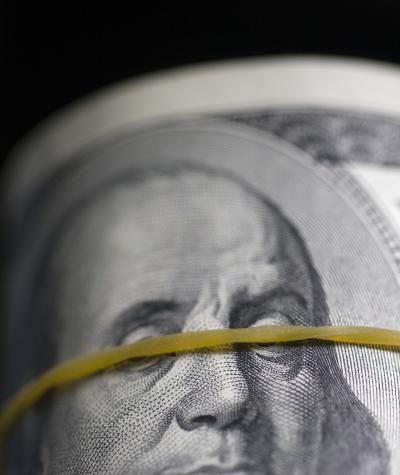Americans across the political spectrum consistently support greater transparency in our democratic process. But lawmakers and wealthy special interests in New Hampshire and across the country have been quietly working to block the public from knowing who is funding groups that spend money to influence their vote and their government.
New Hampshire is the most recent state to enact a sweeping law, S.B. 302, that codifies anti-transparency provisions for nonprofits in the state. The new law generally bars state and local officials from requiring any nonprofit organization to disclose information about their members or donors.
This mandatory concealment of donor information reaches all types of nonprofits, including “social welfare” organizations, labor unions and trade associations that spend big money on politics.
Although the law exempts currently required campaign finance disclosures, existing New Hampshire campaign finance law does not provide full transparency for big independent spenders, including by not requiring disclosure of the true sources of money spent to influence elections. Mandating secrecy for nonprofits will only exacerbate the problem.
Under the new law, state and local agencies are also prohibited from requesting information from current or prospective government contractors about nonprofits they have donated to, even though the nonprofits could be affiliated with public officials who award or oversee government contracts.
As a result, the law could make it easier for public officials to hide conflicts of interest.
Campaign Legal Center (CLC) sent a letter to the New Hampshire General Court and the governor opposing S.B. 302 because it would, “undermine governmental transparency and accountability in New Hampshire.”
Others opposed the bill too, including Open Democracy New Hampshire, the New Hampshire Center for Nonprofits and Betty Tamposi, former assistant secretary of state under President George H.W. Bush and former New Hampshire state representative.
New Hampshire’s anti-transparency law is part of a broader effort by wealthy special interests to reduce transparency. The law, and similar legislation in other states, resembles a policy from the American Legislative Exchange Council (ALEC), a nonprofit advocacy network opposed to greater transparency in politics.
Laws passed this year in Tennessee, Virginia, Missouri and Kansas each incorporated elements of ALEC’s model anti-transparency policy.
At the same time as state legislators are enabling the worst of secret spending, also known as dark money, tactics by enacting anti-transparency laws, overwhelming majorities of Americans would prefer strong laws that increase transparency in our campaign finance system.
In CLC’s national survey examining public support for disclosure of political contributions, more than four out of five Americans – including 85% of Democrats, 83% of Independents and 81% of Republicans – supported public disclosure requirements.
Some states are pushing back against anti-transparency legislation and fighting to ensure voters know who is spending big money to influence their vote: Last year, the governor of North Carolina vetoed an anti-transparency bill similar to New Hampshire’s new law.
In 2020, Alaskans voted to approve a measure to uncover the sources of secret spending to influence Alaska elections. Voters in Arizona are pursuing ballot measures in 2022 that would reveal the big spenders behind independent campaign spending in Arizona elections and update the state's long-running Clean Elections program.
And the Hawaii Senate in 2022 passed a transparency bill that would reveal the true sources of big money in Hawaii politics, setting up the potential for strong future legislation in the state.
Real transparency means that the public has more information about the special interests trying to rig the political system in their favor.
Voters have a right to know which wealthy special interests are spending big money to secretly influence our government. This is why we need to continue working to enact laws that provide voters with more transparency and a government that is accountable to voters and not just wealthy special interests.

